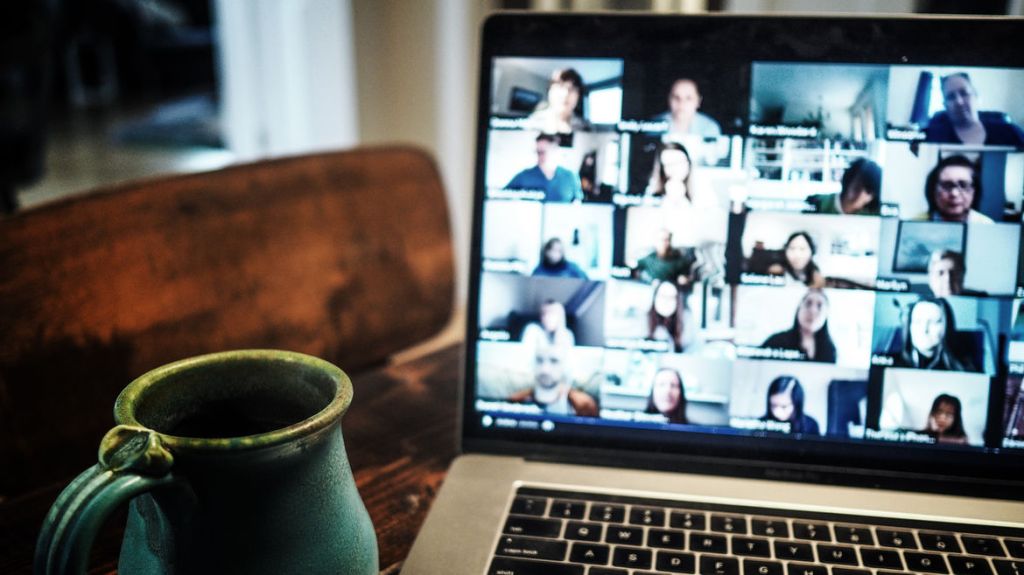Earlier in the summer, it was concertina wire; in mid-July, sawblades were attached to chains grouping buoys. Now, bleeding to death, alongside drowning and dehydrating in the unbearable heat along the 1000-foot stretch of the Rio Grande between Piedras Negras, Mexico, and Eagle Pass, Texas, is yet another cause of death. This horror marks the most recent phase of Operation Lonestar that Texas Governor Greg Abbott launched in March 2021. It is still murderously enforced at this preferred spot for migrants to cross the Rio Grande from Mexico to the United States.
Piedras Negras means black stones in Spanish, and the name is haunting. In my Jewish tradition, people leave stones after visiting a grave. But there will be no graves for the dead migrants, no stones needed for headstones to mark a visit. Border patrol agents call the dead “floaters,” stripping them of their humanity, reducing them to unlucky bodies who have died in watery, muddy graves filled with garbage, ripped clothing, and torn flesh.
More than 100 people have died this year at Eagle Pass. At least two of those deaths have been the result of what I call the buoys of death. But here is what needs to be said– each of the dead had a name. And attached to that name were more names of people who loved them and will forever miss them. Further away in the Darién Gap, a jungle that connects Colombia and Panama, more migrants – children, mothers, fathers, abuelos, die dreaming that America had to be better than this.
America – Los Estados Unidos – now united by xenophobia. Most of my mother’s family fled Cuba in the early 1960s in the “historical exile.” One small suitcase was allowed for each person. My grandparents, aunt, and uncle closed their doors on decades of living, reflected in photographs, jewelry, knickknacks – the things that, in the language of the traditional Jewish prayer of Mourning, become “magnified and sanctified” in exile.
My American father’s Ivy League connections helped bring my immediate family intact to America. But before she could think of leaving, my abuela begged my father to save my 19-year-old uncle first. Skinny, his Adam’s apple quivering in his throat, he looked younger than his age. Nevertheless, she was terrified he would die unbearably far from Havana, cutting sugar cane. My uncle was on a Pedro Pan flight for unaccompanied minors ages six to 18.
My grandparents came to America in the winter of 1962, landing in Miami, and lulled into thinking the weather in Connecticut, where my parents were waiting, was warm, too. They did not have to measure their journey to America in footsteps, but the trauma of suddenly leaving their life under cover of night for the airport never left them. I look back at their weathered faces in scallop-edged photographs snapped early in their exile. The difference between my relatives and the migrants today trying to survive the Rio Grande is their whiteness and desire to return to an upper-middle-class life. They were not ready to concede there was nothing to which to go back.
In 1980, the rest of my mother’s extended family, trapped in Cuba, came in the Mariel Boat Lift. A cousin chartered a boat to pick them up. They were sent to Fort Indiantown Gap in New Jersey to be processed. But unlike their other Latinx brothers and sisters wading in the Rio Grande as they try to avoid blades and wire severing their arteries, my parents drove down from Connecticut to stand in line with other Cuban Americans coming to claim their relatives. Everyone had clothing and nonperishables, demonstrating that these refugees were accounted for and wanted.
That same year, the makeshift fleet of 5,000 Haitians fleeing poverty, natural disasters, and their own dictatorship was turned away; stigmatized for their dark skin, and later demonized as AIDS carriers.
My older relatives now say that don’t want to go back to Cuba. They have built prosperous lives in the US and are not keen to see their Cuba adorada in ruins. Tourists gawk at the deterioration, my aunt once told me. The old 1950s cars that run on spit and fumes are not admired for the Cuban people’s ingenuity and resiliency but remind their American cousins that Castro won.
The truth is that although we Cubans are often sad, we have always been safe in America – a security that the migrants gathering their courage to cross the Rio Grande will never have. And the border agents who talk about floaters will never know the mortal fear of the dead people they have cut down from wire or the ones they have pushed back into the river. Yet they will never kill the ongoing Latinx optimism of wanting freedom.
As one immigrant planning to wade across the Rio Grande said, “Si la selva no me mató, los alambres menos” — If the jungle didn’t kill me, the wire even less so.



